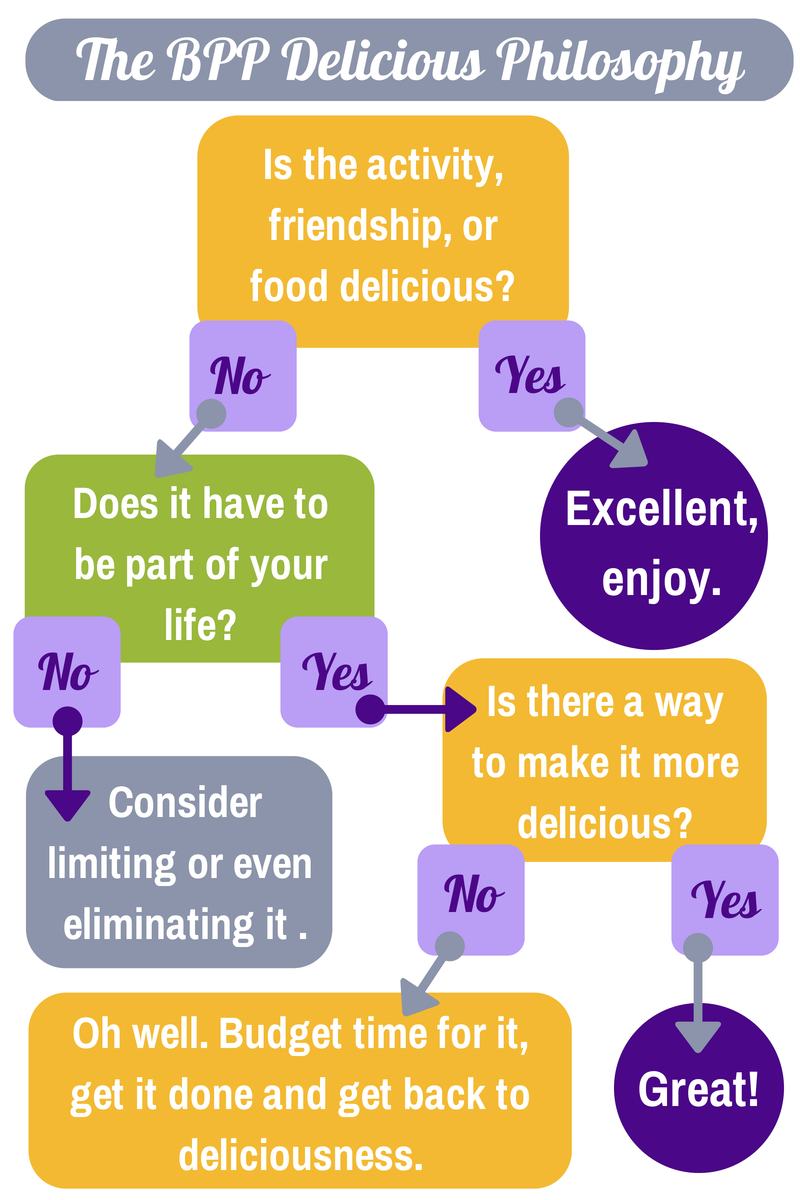Fiery conflict with your partner can easily reduce you to your worst self. This makes no sense and complete sense. You love this person, so why do you hate/fear/distrust them sometimes? Because you love this person. You’ve likely risked everything, and they’ve seen you naked, in every sense of the word. If you’re expecting, the risks can feel exponentially more intense. You are at your most vulnerable, and unfortunately at times, at your most savagely self-protective. This is the best time to use your fire escape plan, creating physical distance between you and your partner, so you both can calm down and hopefully reengage from a rational place to resolve your issues.
But once you have the space, how exactly do you calm down? Here are three ways to get your perspective back in a hurry:
1. Create a list of at least three memories about your partner that make you feel safe and connected. It’s best to do this when you’re NOT in conflict, so you can pull it up mentally during rocky moments. Maybe it was a special date, or the way she was there for you when things were rough at work, or the way he locked eyes with you during your first ultrasound. Update and add new positive moments to your list as they occur.
2. Separate the past from the present. Is something about this fight familiar? Did the issue remind you of a past relationship in which you were hurt, or something from your childhood? Maybe you felt your partner was ignoring your needs, and it reminded you of feeling neglected when you were little. Pull back to the present, and consider the possibility that your partner was NOT ignoring you, but was distracted and flooded with his own defensiveness and emotions. Avoid holding your partner accountable for things she hasn’t actually done.
3. Remind yourself of your own strength and resourcefulness. Doing so can keep you grounded during conflict, instead of being completely swept away by emotion and incapable of logical discussion (to solve anything, you have to have both feelings and practicality in tact). It helps to have a mental image or memory that encapsulates your strength. My go-to strength memory is the birth of my second child. I knew mentally and physically what to expect, and felt present from the first contraction to the final push. When I feel scared or out of control, I pull that memory up and think, “I did that, so I can do this.”
My favorite Ben Harper lyric: “When you have everything, you have everything to lose.” Worth a fiery fight sometimes, and worth the necessary work to convey passion and respect.
Here’s to Sanity and Savagery,
Cheryl







































